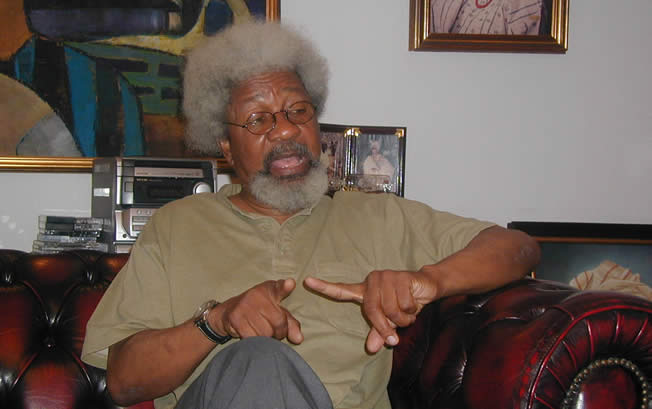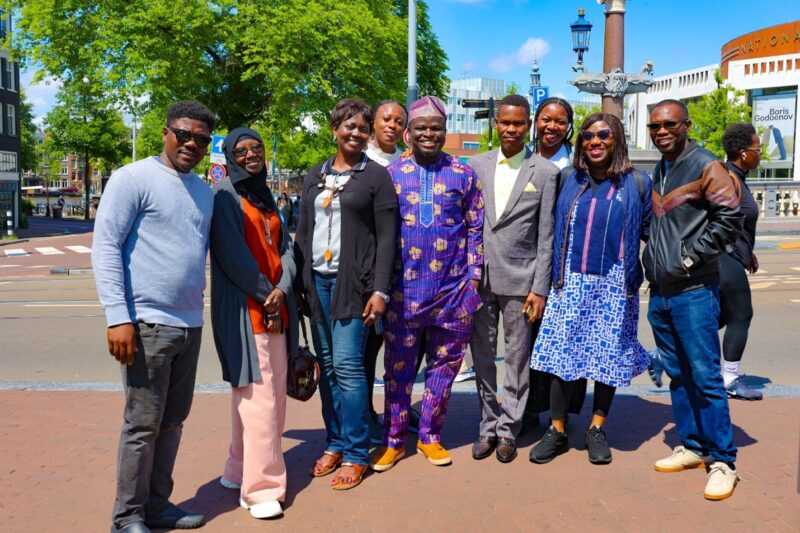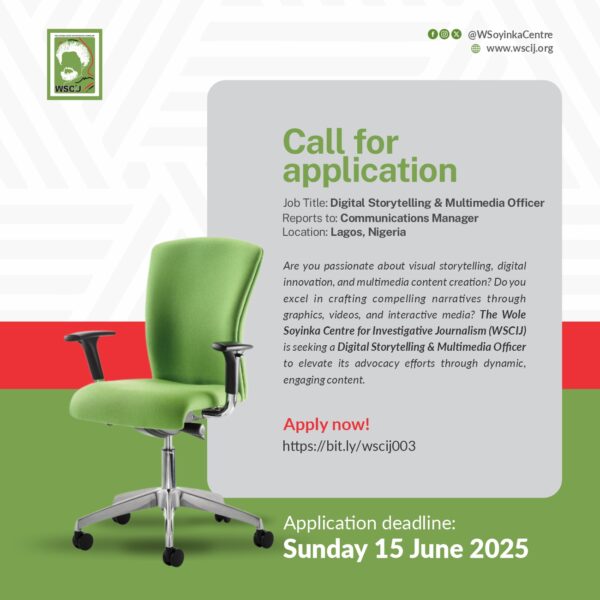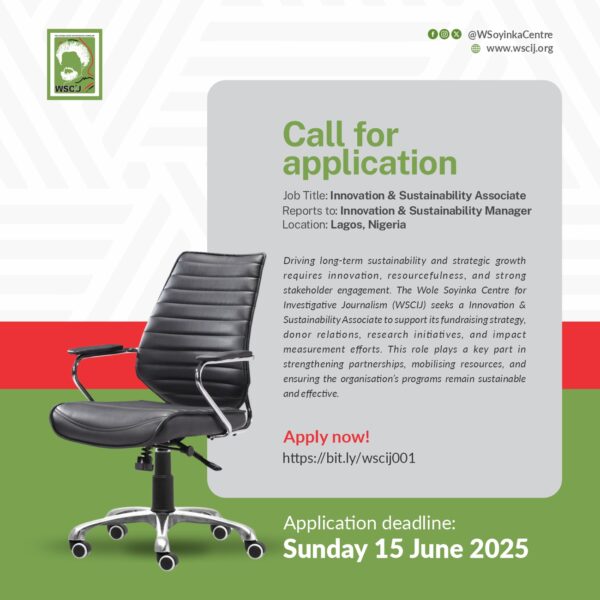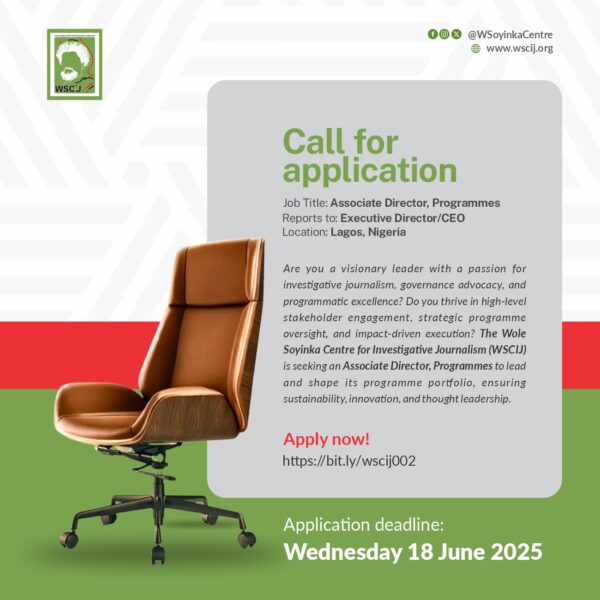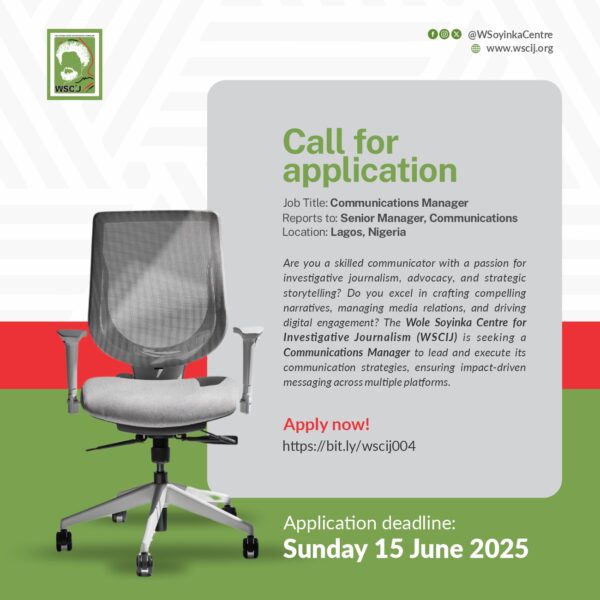The Executive Director and Chief Executive Officer, Wole Soyinka Centre for Investigative, Motunrayo Alaka, and three other speakers at the ongoing African Investigative Journalism Conference have proffered solutions to the challenges of investigative journalism on the African continent.
The speakers made the call on Thursday 10 October 2020 during a session titled “Persevering under tough conditions: The challenges of African investigative journalism” facilitated by Benon Oluka, Africa Editor, Global Investigative Journalism Network.
Engaging with a research his organisation is conducting on investigative journalism 30 African continent, Victor Bwire, head of media development and trainer, Media Council of Kenya, noted that they observed a resurgence of investigative journalism in Sub-Saharan Africa, with a number of hubs emerging.
He however, stated that sustainability of investigative journalism is a challenge, with most investigative hubs surveyed depending in grants from philanthropist organisations for their work.
Other challenges observed by the research include lack of resources, safety concern for journalists, lack of capacity and skills in investigative reporting, repressive laws, censorship and threats journalists by security agencies, and lack of solidarity among journalists which frustrates joint production.
On her part, Motunrayo Alaka explained that the media enables good governance and democracy and those in turn determine the media. In her words, “The media don’t just determine things; the things around us determine the media.”
She stated that the biggest challenges of the Africa region are welfare, security and corruption, and that those are equally the challenges of the media in the African region. She therefore called on the media to approach their work with humility which makes for introspection, collaboration and learning from different stakeholders towards building the journalism profession.
Contributing perspectives from Egypt to the discussion, Gehad Abbas, Arab Freelance Investigative Reporter, said investigative journalism consumes time and involves speaking to so many sources among other processes. She added that there are so many legal hurdles that the investigative journalist has to overcome to get their work done.
Adriaan Basson, Editor, Media24 (Pty) Ltd, spoke on the business side of investigative journalism. He observed noted the lack of advertisement in the mainstream media due to economic downturn, with advertising going to the social media (not even the digital news media). He called for new business model, where reader revenue is at the centre of revenue generation, adding that readers need to be educated to pay for good journalism like what his organisation has offered free for 20 years.
He also observed the need to take up the social media platforms who use contents produced by news media to build their followers base but offer no support in return.
The African Investigative Journalism Conference is Africa’s biggest annual gathering of working journalists. It has been held at the Witwatersrand in Johannesburg, South Africa since 2005. It is holding virtually this year due to the COVID-19 pandemic.

